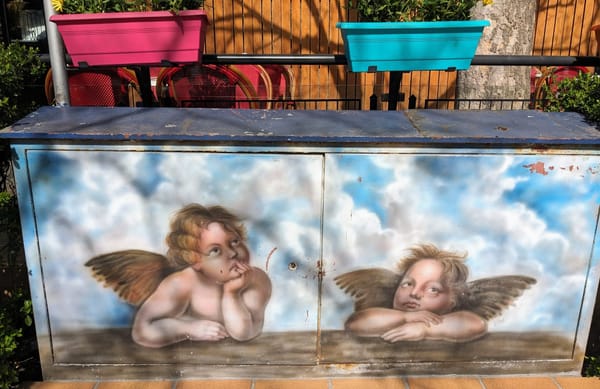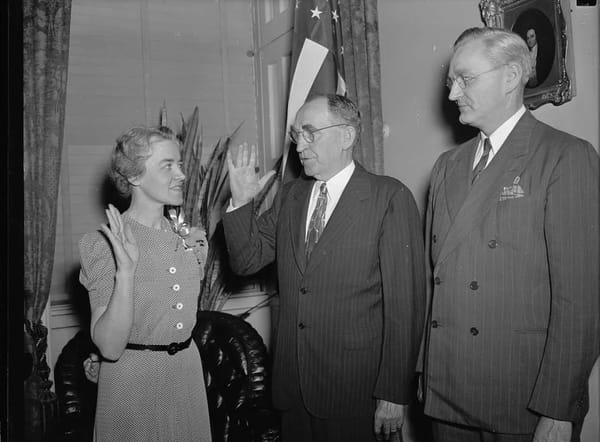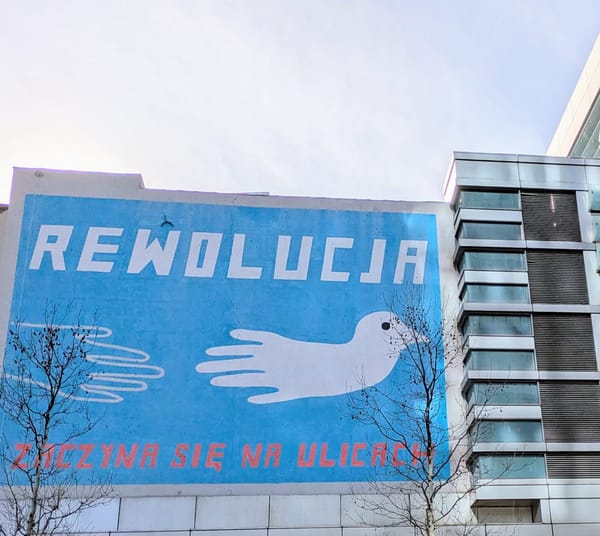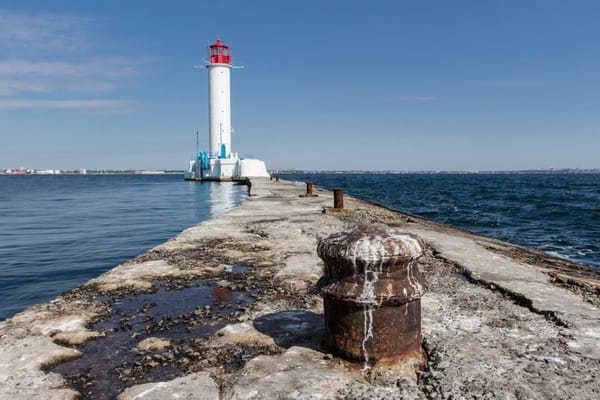'The adults are talking' (let's listen to the children)
Collecting questions ahead of my next trip to the Balkans

Let me introduce you to a couple of young super heroes in Sofia who have been very helpful to me. They may help you as well: SuperPizza/суперпица and Brocman/Брокман.

I’ve been home in Maine trying to get my head around why election coverage remains so reductionist in the US. I am traveling back to Sofia next week and I have a lot of catching-up to do on my New Europe beat. Before I return I want to fill a carrier bag of questions for some of the best guides I found in the region, including the brave and charming SuperPizza and Brocman. And I want to carry back questions from you and the young people in your life.
Notes from New Europe is a reader-supported publication. To receive new posts and support my work, consider becoming a free or paid subscriber.
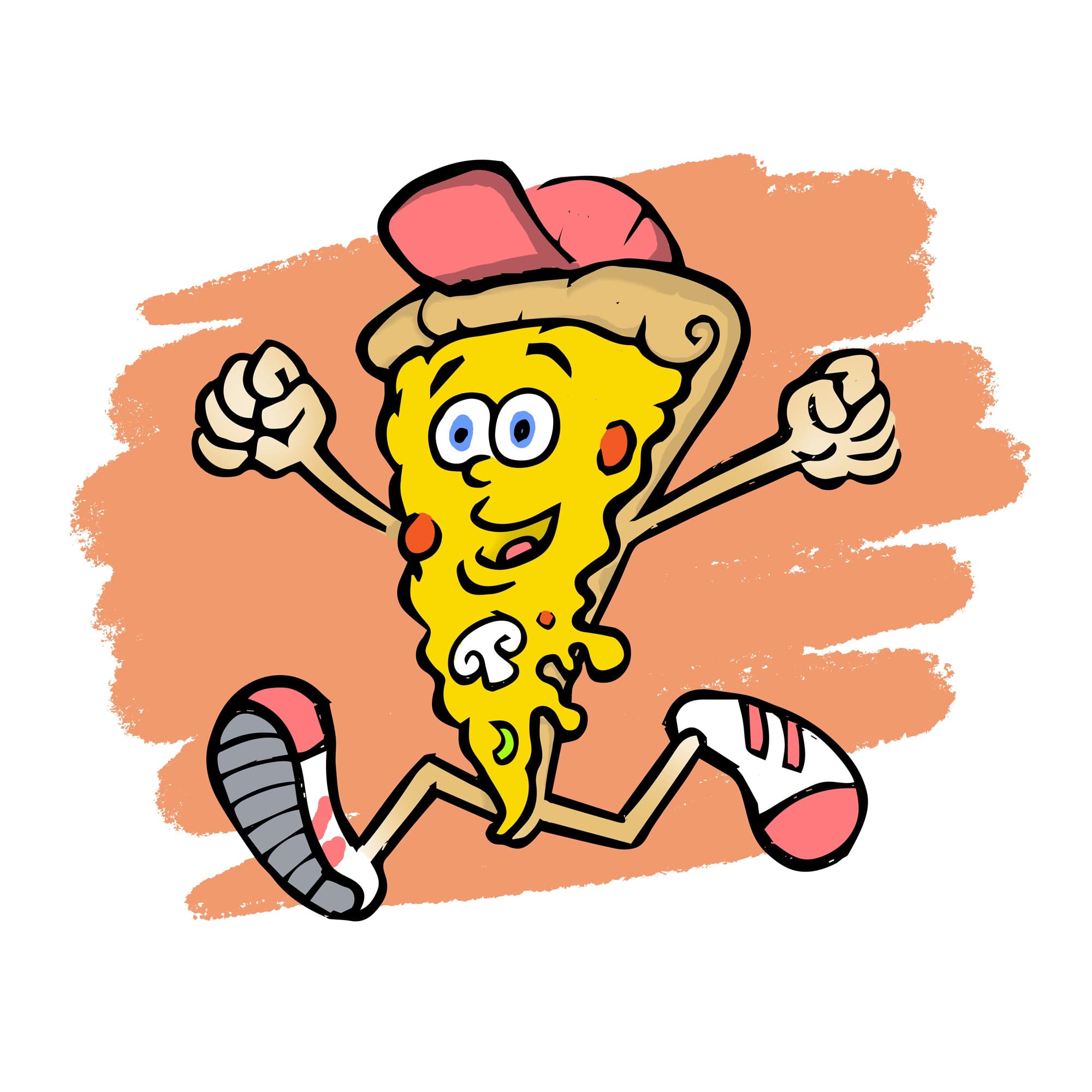
Before I share more about these young guides, I’ll share a beef I have. Not with any individual or organization. Rather, I have a beef with a tone and a style. The the-adults-are-talking tone. You know it. It is a particular way of dismissing a question, a point, or even a relevant theme by suggesting that the questioner is overly naive. It can be accompanied by a smug smirk or a snort or a condescending sigh. You have likely experienced it watching a press conference; or in consuming low-nutrient cable news fare; or in the bro-cast realm. And if you’ve attended many of the conferences and workshops I have over the last couple of year, you’ve probably seen a lot of the adults are talking responses.
Thanks for reading Notes from New Europe! This post is public so feel free to share it.
If you are concerned about the state of civil society across Europe and the US, it is helpful to pull back from the “anti-democratic” framing and think of the manner in which the “anti-inquiry” discourse is effectively enabling, or even fueling, the wave of authoritarianism and cynicism. When we adopt a dismissive tone of this nature, we are lowering the ceiling on the potential for change and creative problem solving. Conversation is not a competition, and those of us who have spent years framing news through booking debates and argument-driven content have to take stock of what we’ve done (no matter our intentions) in modeling a broken public discourse.
One antidote: spend more time engaging in conversations driven by curiosity. Genuine curiosity. The sort that a lot of young humans still have. Which brings us back to SuperPizza and Brocman.
SuperPizza and Brocman are eight-year-old fraternal twins. Their father owns one of my favorite places in Sofia—a perfect place to read and listen to music on an incredible sound system. It is very much a community space, and on weekends the kids help out. Over the course of the last year they became reliable guides for me at the end of each week. They would critique my pronunciation of the few Bulgarian words I learned. They told me about their city from their semi-feral manner of moving about the city. And they answered my questions about the educational system and how young Bulgarians learn (and also, how they laugh and play, bully and tease, what they eat, what they watch, what they listen to).
In the spring I attended a workshop on disinformation and WMDs with an incredible mix of people who had worked in the government, tech NGOs and independent media. We did a bit of war-gaming, and much of the conversations were, for me, incredibly compelling. And yet, many of the proposed interventions were a bit defensive and predictable. In fact, they were quite similar with current efforts to thwart disinformation—efforts that the scholars I’ve been spending time have found to have, at best, little effect. Yet when I and (more importantly) some of the attendees brought up the need to be more creative, we were dismissed with lines like “we have to be pragmatic,” and “we know how to defend, we just need the resources.” It seemed a missed opportunity. I needed time with people who were less protective of their own conclusions.
That Saturday I had a conversation with Brocman about how he learns what’s going on in the world, and he taught me about how he can tell when someone lies to him. AND we talked about how when you lie (he admitted to telling some lies) you “feel worse until you tell the truth.” When I see him and his brother next month, one of the questions I will ask is how they think about lying on the YouTube videos they watch. And how they respond when someone acts like a know-it-all but really doesn’t seem trustworthy. And other essential questions like why mango ice cream is inherently superior to mint-chocolate chip (SuperPizza is well versed in gelatology).
And I want to pass along your questions. What do you want to know about Bulgaria that an eight your old can help you understand? Or about Europe—the food, traveling in the region, school? Maybe you want to know how they got their superhero names?
As always, also feel free to send me questions for others in the region. I’ll be talking to experts at CSD and elsewhere in Bulgaria and the region about the move to ban “LGBTQ promotion,” efforts to further erode rule of law and independent media, the need to counter WMD information manipulation in Bulgaria and Romania, and promoting Solutions Journalism tools across New Europe. I’d love to have your input and suggestions for other issues to explore, so hit the comment button above or email me.
Notes from New Europe is a reader-supported publication. To receive new posts and support my work, consider becoming a free or paid subscriber.
